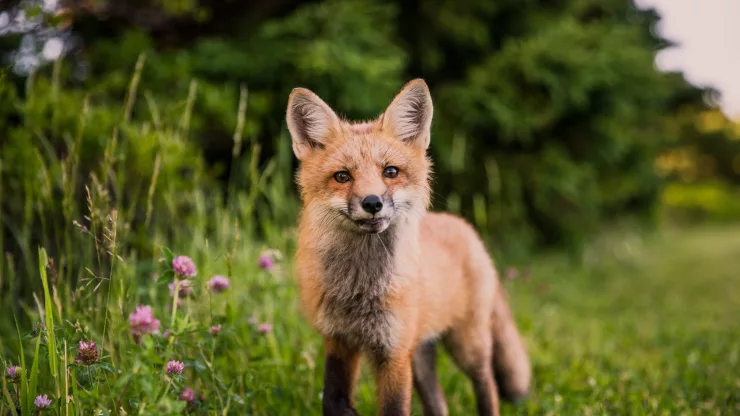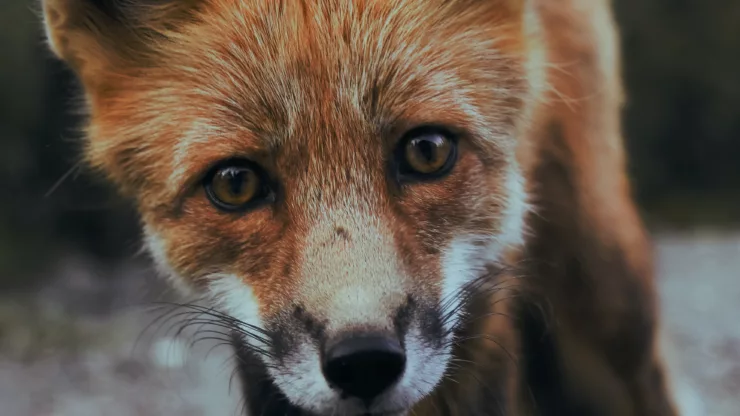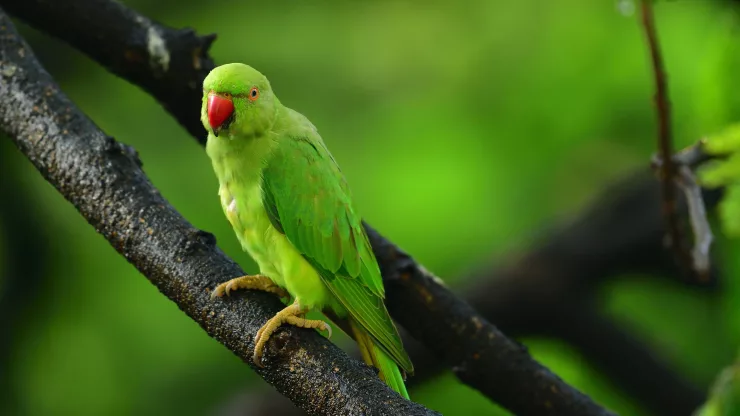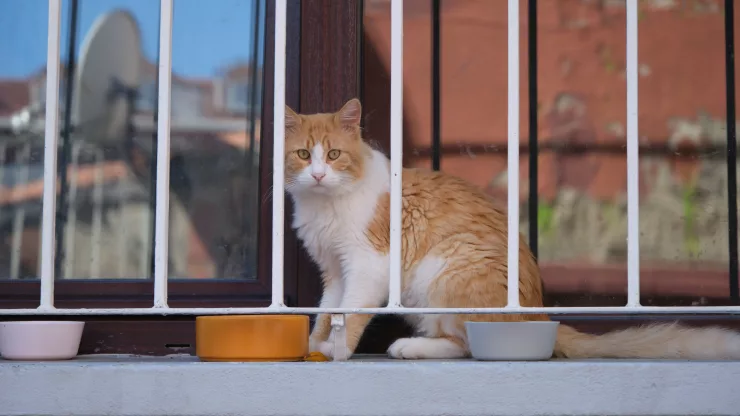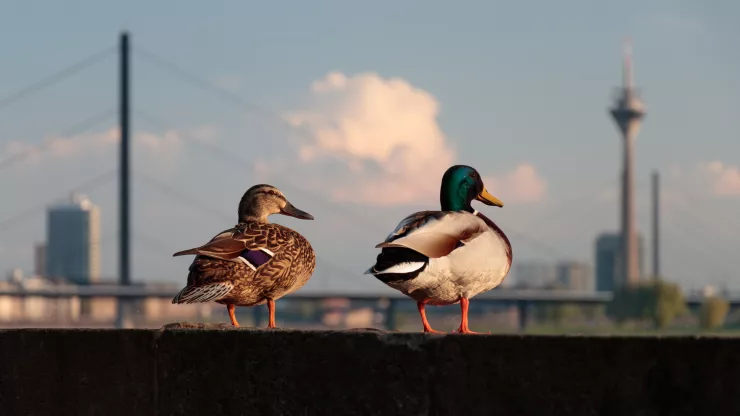Urbanization and Its Impact on Wildlife
As the world’s population continues to grow, urbanization has become a necessary reality. However, as cities expand, their effects on wildlife cannot be ignored.
The impact of urbanization on wildlife can be seen in many ways, from habitat fragmentation and loss to pollution and human-wildlife conflicts.
In this article, we will explore these issues and their consequences for wildlife.
Jump to Section
Urbanization’s Impact on Wildlife
Urbanization has a significant impact on wildlife, as it involves the conversion of natural habitats into urban landscapes.
As cities expand, they encroach on natural habitats, affecting the wildlife living within them.
This has resulted in a decline in biodiversity, with some species becoming extinct or endangered.
Urbanization also affects the behavior and migration patterns of wildlife, as they must adapt to urban environments.
Some species have successfully adapted to urban environments, while others struggle to survive.
For example, birds that migrate long distances may be unable to navigate through urban landscapes, leading to a decline in their populations.
Habitat Fragmentation and Loss
Habitat fragmentation and loss occur when urbanization causes the fragmentation or destruction of natural habitats.
This has significant consequences for wildlife, as it reduces the available space for them to live and breed.
It also makes it more difficult for wildlife to find food and water sources, which can lead to malnourishment and dehydration.
Habitat fragmentation and loss also increase the risk of inbreeding among wildlife populations, which can lead to genetic abnormalities and reduced genetic diversity.
This can result in a decline in the overall health and fitness of the population.
Pollution and Its Effects on Wildlife
Urbanization leads to increased pollution, which can have a significant impact on wildlife. Pollution can contaminate water sources, making them toxic for wildlife to drink.
It can also lead to air pollution, which can cause respiratory problems for wildlife.
Pollution can also affect the food chain, as it can contaminate plants and animals that wildlife rely on for food.
This can lead to bioaccumulation, where the toxins build up in the bodies of animals, affecting their health and reproductive success.
Human-Wildlife Conflicts in Urban Areas
As urbanization continues, human-wildlife conflicts are becoming more common. Wildlife may venture into urban areas in search of food or water, leading to conflicts with humans.
This can result in property damage, injury, and even death.
Human-wildlife conflicts can also lead to the extermination of wildlife populations, as they are seen as pests or threats.
This has significant consequences for biodiversity and the health of ecosystems.
FAQ
What can be done to mitigate the impact of urbanization on wildlife?
There are several measures that can be taken to mitigate the impact of urbanization on wildlife, including creating green spaces within urban areas, implementing wildlife-friendly building designs, and reducing pollution levels.
How can individuals help protect wildlife in urban areas?
Individuals can help protect wildlife in urban areas by reducing their use of pesticides, providing food and water sources for wildlife, and reporting any human-wildlife conflicts to local authorities.
Are there any benefits of urbanization for wildlife?
While urbanization has many negative consequences for wildlife, some species have successfully adapted to urban environments.
For example, certain bird species have been found to have higher survival rates in urban areas than in rural areas.
The impact of urbanization on wildlife is a complex issue that requires a multifaceted approach to address.
By implementing measures to reduce habitat fragmentation and loss, pollution levels, and human-wildlife conflicts, we can help protect the biodiversity of our ecosystems and preserve the natural world for future generations.
I’m a nature enthusiast and creator of Metro Wilds and have spent years exploring the great outdoors.
With a passion for environmental conservation and sustainability, I have dedicated my career to writing about the beauty and wonders of nature, as well as the threats facing our planet.
Contact me at [email protected] for assistance.

